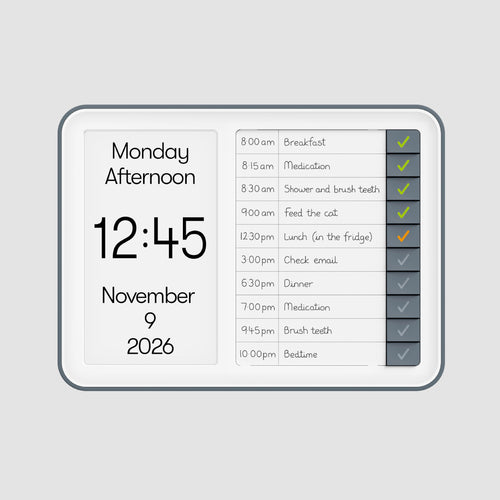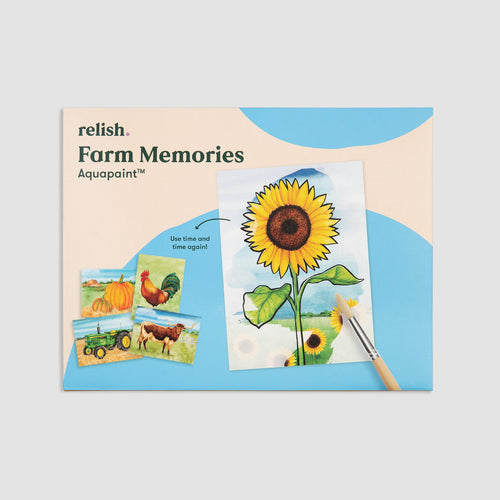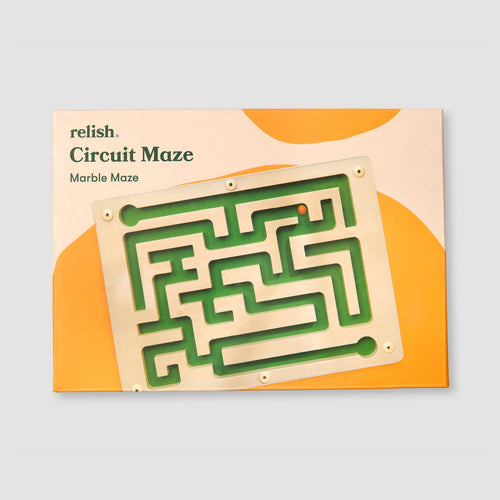A diagnosis of dementia can spawn a roller coaster of emotions for people and family members receiving the news: from denial to disbelief; distress to utter dismay. . .Understanding this new reality can be so overwhelming that many may retreat to their homes to hide away while trying to process the news, but you don’t have to! While initially a dementia diagnosis is scary and lifechanging, the truth is that if you have a network of friends, family, or support services available to help you prepare for a challenging road ahead then life does not have to stop on Day 2.
What often plagues those who are diagnosed with dementia is the fear that the life they knew will be permanently altered and the relationships they had will be forever changed. While sadness and grief over the loss of self are inevitable, galvanizing yourself with a community of supporters and a positive attitude can prove very powerful. And there are a plethora of treatments and a multitude of resources and products that can delay the onset of symptoms or progression of the disease, and even alleviate the frustration and confusion that people living with dementia frequently experience. Facing Your Future with Small Steps
After the initial shock of receiving the diagnosis, you should have discussions with family members or friends to meet with your doctor who can explain your individual prognosis. Then you and your family members should try to learn as much as possible about the disease from medical sources and community organisations. Beyond your family doctor or neurologist, a few good places to start researching or get advice from are:
- Local health departments and hospitals, who often have dementia & Alzheimer’s support groups
- Behavioural health specialists, therapists, or social workers to discuss resulting depression and/or anxiety
- Alzheimer’s associations on the regional level or even national/global scale
- Available clinical trials or research studies that may be going on in your area
- Churches, synagogues, or other religious institutions/clergymen to consult with
- Local libraries and/or memory cafes [if offered]Next, try to make a list of the things that are important to you and the parts of your personality or character that define you — you can do this in writing or orally [i.e. have a friend or loved one record you]. For example, list what and whom you love; what roles you relish in your life, including career; which activities or pastimes you enjoy; types of music that you cherish; books or movies you relate to; and so on. All of this will help those around you remember what is important to you and keep those emotions going and the memories alive as you progress through the different stages of the disease. Once you’ve done all of this, you could make an initial plan by assessing what types of supports you are going to put into place for yourself in the early stages of your journey.
While a future with dementia can seem daunting, try to start taking steps early to ensure that you can manage within your current living situation. For example, if you live alone it is very important to start adapting your environment and assuming a new type of routine during the early stages of dementia. Given that the short-term memory quickly begins to wane and your sense of time can start to fade, keeping as much predictability as possible is of the utmost importance. By establishing routines early, it can bode better for dealing with the progression into the middle stages of dementia. First and foremost, if you live alone/do not live with a spouse or partner or other family, a medical alert system or wearable device to help you alert emergency services if you need assistance or have fallen could prove really helpful. In addition, there are home care services that can help with cleaning and household tasks chores, personal care, transportation, and even some that deliver healthy meals, such as Meals on Wheels. You can find out more about these types of services in your area from your local senior center or local government or state agencies, Medicare, or in some cases Medicaid.
How Do You Continue to Experience Joy?
-
Reach out in order to stay connected: Living with Alzheimer’s or dementia is difficult so open yourself up to accepting help where it is offered. You don’t have to wait for friends or family members to come to you, as people often get busy in their day-to-day lives; even if it’s difficult, try to be proactive and express to friends or family when you need assistance or support, are feeling lonely, or just want someone to talk to. Put simply, love and support offered by others can have a huge bearing on your mood or can contribute to a positive outlook. Being in constant communication with others is also a great way to have a back-up to remind you to take medications, eat 3 meals a day, drink water, and maintain your self-care overall. It’s also a safeguard against forgetting to pay bills, take care of house maintenance, and so on.
-
Continue to pursue activities that you love or enjoy:
Life does not have to stop with dementia or Alzheimer’s. Day 2 is just one of many days that you can spend pursuing meaningful activities and cherishing relationships. Despite sometimes feeling otherwise, finding pleasure and purpose after a diagnosis is still within reach. If you are still able on your own, make a schedule of activities and hobbies you’d like to continue doing. Or if you need assistance have a friend or family member jot them down or even put them into your phone calendar and set an alert or reminders. Also, try to set dates with others to go on trips to the local library, museums, movie theatres, or the park for a walk out in nature. Any activities or events that you can still engage in — whether near or far; at home or outside — will aid in enjoying life and savouring the emotions that come from being stimulated.
Part of Relish’s mission is to offer products for every stage of dementia, including Aquapaints at , for the amateur painter We also have a repository of fun and engaging activities at — for example, if you are a home cook and are in the early stages, try the “It’s Cookie O’clock” activity or for those in the mid-stages, try the “Iced Biscuits” activity.
- Seek out websites that can provide advice, tips, and general information surrounding dementia:
There are many organisations that can provide you with advice or support when you are newly diagnosed with dementia or Alzheimer’s. Conduct a local or regional search using Google, or if you need assistance have a friend or family member print out resources for you or even bookmark them on your computer browser. Or you can visit websites of the global associations and organisations dedicated to building awareness around Alzheimer’s and dementia, including the Alzheimer’s Society at ; Alzheimer’s Association at ; Alzheimer’s Disease International at .
We at Relish also pride ourselves on offering lots of advice, tips, and products that can help you continue to flourish. From articles to podcasts to our downloadable Wellness app for caregivers, Relish offers a myriad of resources for the dementia community at . You can also visit us at for links to websites or apps with content tailored to helping you to take care of yourself while living with dementia.






















